Trump vs. China: How the tariff war has hit Apple so far
The battle between President Donald Trump and China over import tariffs has impacted Apple, and will hit consumer wallets soon. Here's everything you need to know about it, current through April 16, 2025.
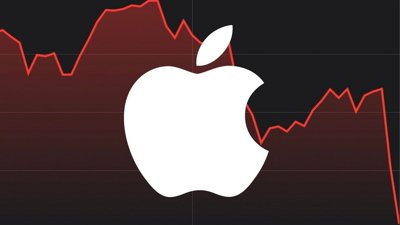
 Malcolm Owen
Malcolm Owen


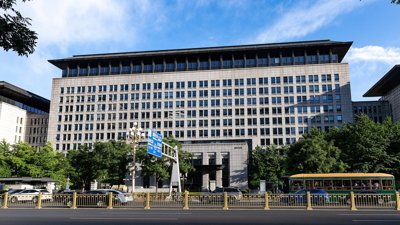
 Amber Neely
Amber Neely


 Wesley Hilliard
Wesley Hilliard





-m.jpg)
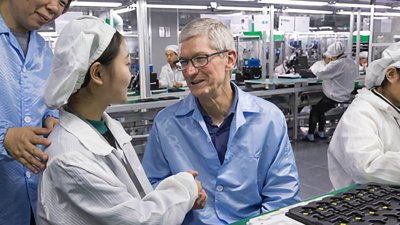
 Mike Wuerthele and Malcolm Owen
Mike Wuerthele and Malcolm Owen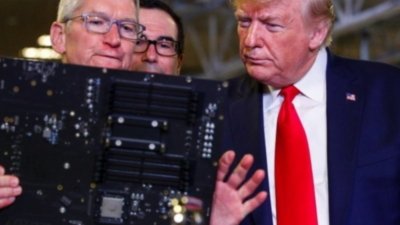
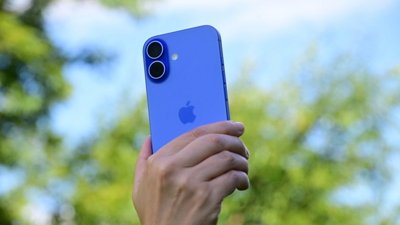
 Marko Zivkovic
Marko Zivkovic



 William Gallagher
William Gallagher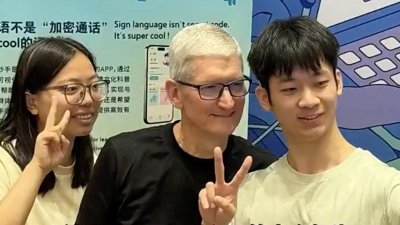


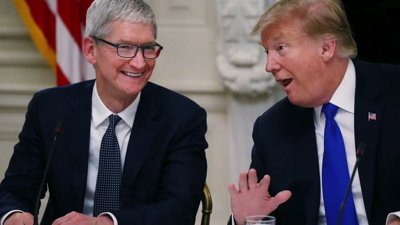
 Mike Wuerthele
Mike Wuerthele





